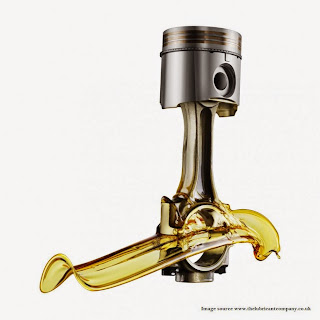Spinal Implants Market Innovations, Trends and Opportunities
According to research report the report Spinal Implants Market
is poised for steady growth in the coming years, driven by an aging
population and rising rates of spinal disorders globally. According to
the report by MarketsandMarkets Research, the market was valued at $11.2
billion in 2023 and is expected to reach $14.3 billion by 2028, growing
at a compound annual growth rate (CAGR) of 5%.
Download PDF Brochure: https://www.marketsandmarkets.com/pdfdownloadNew.asp?id=712
Several
factors are fueling demand for spinal implants. An increase in
degenerative spinal conditions like spinal stenosis and degenerative
disc disease among the elderly is creating a need for stabilizing fusion
procedures. Dynamic stabilization devices and motion preservation
implants are also seeing heightened interest as they aim to preserve
mobility versus fusion surgery. On the supply side, major manufacturers
like Medtronic, Johnson & Johnson, Stryker, and others are releasing
innovative new spinal implant systems and technologies.
However,
the market does face some constraints. The high cost of spinal implant
procedures poses financial barriers for many patients. Even those with
insurance coverage often face out-of-pocket expenses in the thousands of
dollars. Strategies to enhance transparency and choice while exploring
value-based care models will be important for payers and policymakers
seeking to improve accessibility and affordability.
The fastest
growth in the coming years will likely occur in the Asia Pacific region,
especially in China, India, and other developing nations. Expanding
elderly populations, rising incomes, investments in healthcare
infrastructure, and a focus on advanced surgical techniques and
technologies are creating strong tailwinds. Local spinal implant
manufacturers are also proliferating in these markets.
Among
product segments, growth is anticipated in motion
preservation/non-fusion devices like interspinous process spacers, facet
replacement components, and artificial discs. Their minimal disturbance
to adjacent tissues supports faster patient recovery. Comparatively,
spinal fusion and fixation will remain the largest product segment in
the near-term as fusion aims to stabilize and alleviate pain.
Market
leaders like Medtronic and Johnson & Johnson maintain a competitive
edge with frequent new product launches. But emerging companies also
see opportunities to disrupt with differentiated implant designs,
biomaterials, or surgical approaches. Ongoing trends like robotics,
navigation, and 3D printing could further alter the landscape. Strategic
moves into developing Asian markets provide another vector for growth.
Request Free Sample Pages: https://www.marketsandmarkets.com/requestsampleNew.asp?id=712
In
summary, the spinal implants sector stands at an inflection point with
various underlying drivers of demand and innovation. While barriers like
costs exist, aging demographics and advancements in minimally invasive
care will likely support market expansion at a 5% CAGR through 2028.
Leading multinational firms face competition from smaller players,
necessitating strategic decisions on investments and geographic scope.
Contact:
Mr. Aashish Mehra
MarketsandMarkets™ INC.
630 Dundee Road
Suite 430
Northbrook, IL 60062
USA : 1-888-600-6441
sales@marketsandmarkets.com

Comments
Post a Comment